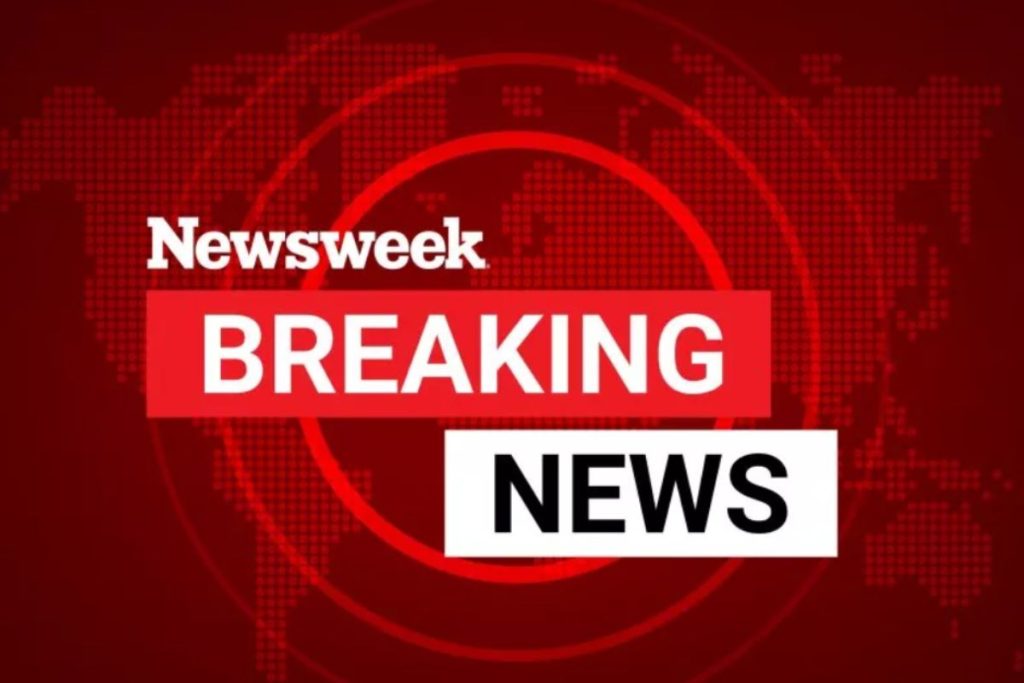Lawsuit Filed Against President Trump and Federal Officials Over USAID Funding
Introduction to the Legal Challenge
On Tuesday, a coalition of prominent organizations, including the Global Health Council, the Small Business Association for International Companies, and the American Bar Association, filed a lawsuit in the U.S. District Court for the District of Columbia. The legal action names President Donald Trump, Secretary of State Marco Rubio, and other federal officials as defendants. The plaintiffs allege that the defendants have unlawfully and unconstitutionally disrupted the funding and administration of the United States Agency for International Development (USAID) and other federal foreign-assistance programs. The lawsuit seeks both declaratory and injunctive relief, aiming to address what the plaintiffs describe as a misuse of authority and a violation of congressional appropriations.
Background on the Plaintiffs and Their Concerns
The organizations bringing the lawsuit represent a diverse range of interests, from global health and small businesses to legal professionals. They argue that President Trump and his administration have attempted to dismantle USAID and have withheld billions of dollars in congressionally appropriated foreign-assistance funding. This, they claim, has severely impacted the ability of these programs to operate effectively, undermining U.S. foreign policy and humanitarian efforts worldwide. The plaintiffs emphasize that these actions are not only illegal but also harmful to the global communities that rely on USAID’s support.
The Role of USAID and the Impact of Funding Disruptions
USAID plays a critical role in administering U.S. foreign aid, providing assistance to developing nations and supporting global health initiatives, disaster relief, and economic development. The withholding of funds, as alleged in the lawsuit, has had far-reaching consequences. Programs aimed at combating poverty, addressing global health crises, and promoting democracy and human rights are now at risk. The plaintiffs argue that the Trump administration’s actions are a direct contradiction of Congress’s intent and the legal framework established to ensure the proper use of foreign-assistance funds.
Legal and Constitutional Arguments
The lawsuit raises significant legal and constitutional questions about the separation of powers and the role of the executive branch in managing federal funds. The plaintiffs contend that the president and his administration have overstepped their authority by unilaterally withholding congressionally approved appropriations. This, they argue, violates the Constitution’s appropriation clause, which grants Congress the exclusive power to determine how federal funds are spent. The case also highlights the importance of checks and balances in ensuring that no single branch of government can act without accountability.
Reactions and Implications for U.S. Foreign Policy
The filing of this lawsuit has sparked widespread interest and concern among policymakers, legal experts, and international organizations. Many view the case as a critical test of the limits of executive power and the ability of the judiciary to hold the administration accountable. If successful, the lawsuit could set a precedent for how future administrations handle foreign-assistance funding. At the same time, the ongoing legal battle underscores the deepening political divides in Washington and the challenges of advancing a coherent foreign policy agenda in a polarized environment.
Conclusion and Next Steps
As this legal challenge unfolds, all eyes will be on the U.S. District Court for the District of Columbia. The outcome of the case could have profound implications for the future of USAID, U.S. foreign assistance programs, and the balance of power in Washington. The plaintiffs have made it clear that they are committed to fighting for the integrity of these programs and the rule of law. While the case is still in its early stages, it represents a significant moment in the ongoing debate over executive authority and the role of the judiciary in upholding constitutional principles. Stay tuned for further updates as more information becomes available.












